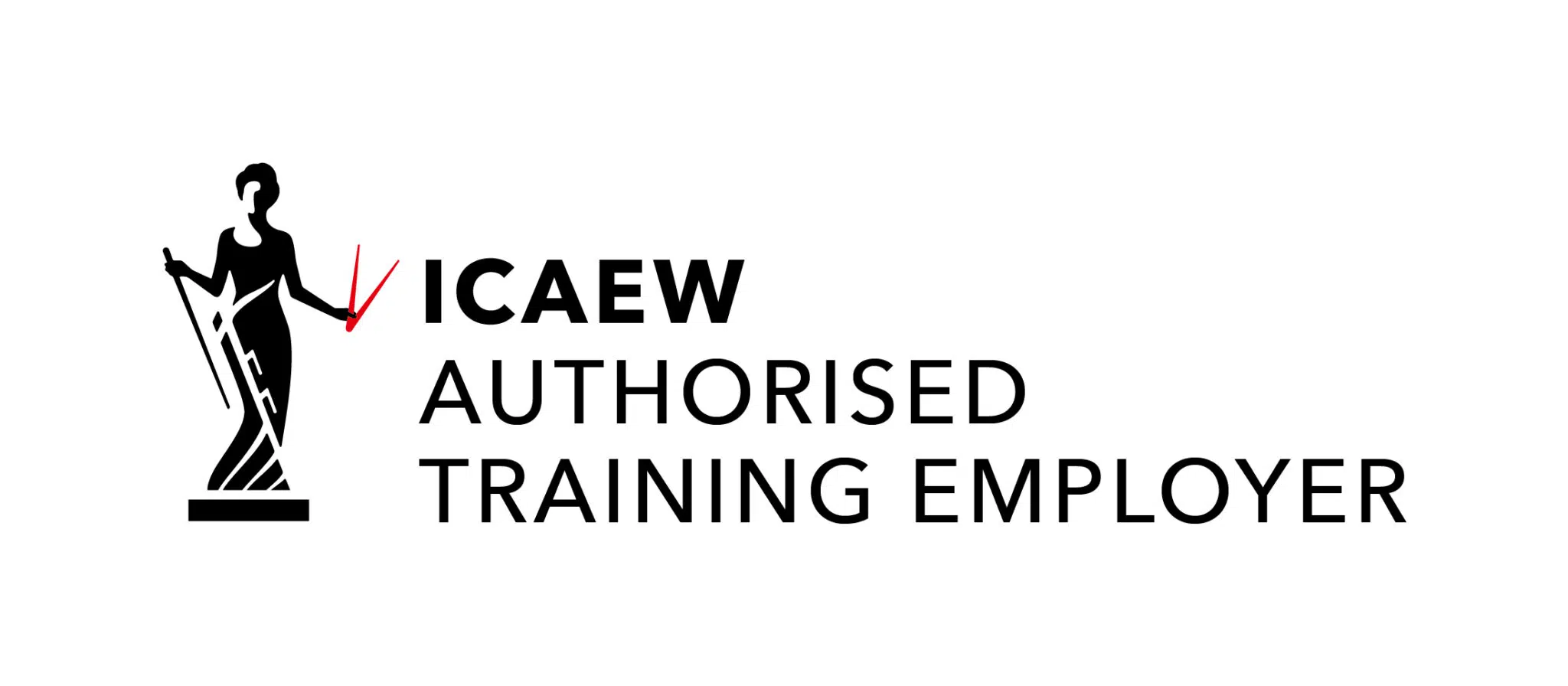Could specific gifts from will trust be undone?
Published: 19th September 2024
Mr Marks (M) was the executor of his father’s estate. The deceased’s will left a number of gifts to his descendants and spouse (as life tenant), and 25% of his estate to charity, with the understanding that this would be more than sufficient to secure the lower 36% inheritance tax (IHT) rate. The problem was that following his death, the trustees of the will trust made a number of gifts to his grandchildren, purportedly as an “advance” on their eventual inheritance – reducing the residuary estate (and the value of the charitable donations). HMRC argued that the charitable contribution was less than 10% of the necessary parts of the estate, and applied the full IHT rate.
The will specified that the gift was to be 25% of the residuary estate, measured at the time of death. This meant that the 10% baseline calculation would be carried out based on the value of the assets held at death, not at the time of making the will. A deed had effectively ring-fenced a considerable portion of the money in the estate for the “specified beneficiaries”.
The grandchildren offered to repay the advances to ensure M’s intentions were met, i.e. a £250,000 legacy to the charity. The judge accepted that the gifts would not have been made had a full understanding of the IHT consequences been made clear, but this did not change the nature of the lifetime gifts and the lower rate did not apply.
This case is a reminder that it is crucial to ensure your intentions are clear when making a will, and that the persons responsible for handling your financial assets understand them. Misunderstandings with charitable bequests can often lead to protracted, and costly, litigation – though that was not the case here.












